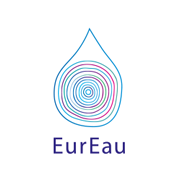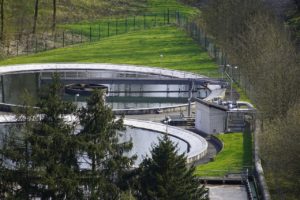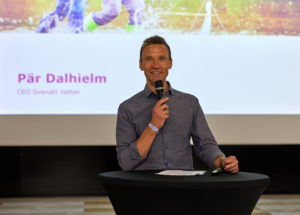EurEau: A Triumph for Consumers and Environmental Protection

EurEau: A Triumph for Consumers and Environmental Protection (Image source: EurEau)
In a landmark decision that makes a significant stride towards consumer protection and environmental sustainability, the final vote in the European Parliament on the Urban Wastewater Treatment Directive took place, introducing crucial regulations aimed at safeguarding water quality across Europe. The vote is a collective commitment to address pressing environmental concerns.
The 1991 Urban Wastewater Treatment Directive is a pivotal piece of legislation addressing the collection and treatment of wastewater that needed a comprehensive review and update to align it with current environmental requirements and technological advancements.
Commenting on the final vote, Pär Dalhielm, EurEau President stated: "Today’s vote represents a significant milestone in our collective efforts to safeguard Europe's water resources while preserving affordability of wastewater services. This updated directive reinforces our commitment to ensuring the highest standards of wastewater collection and treatment, thereby protecting public health and the environment."
The revised directive incorporates several key provisions aimed at enhancing wastewater treatment processes and reducing pollution levels in water bodies. These include stricter standards for the removal of pollutants, improved monitoring, including health parameters, and reporting mechanisms.
We recognise that the implementation of EPR (Extended Producer Responsibility) is a very positive move and sets a milestone in the implementation of the Polluter Pays Principle in the water sector. However, we regret that it will not cover all costs related to the treatment of micro-pollutants from cosmetic and human medicinal products, not taking into account the need to safeguard the affordability of essential services such as water services. We welcome the fact that the scope of the UWWTD will not address agglomerations under 1.000 p.e. We are also very pleased to see the flexible approach to reach the targets for tertiary and quaternary treatment, as well as on energy neutrality, as this will allow to better steer the decisions on investment needs, investing first where it is most needed.
We appreciate the work by the co-legislators on this directive. The text has to be formally approved in Council before final publication in the Official Journal, which is expected in the autumn. EurEau will continue to work with the EU institutions and other stakeholders to protect human health and the environment.
Source: EurEau







